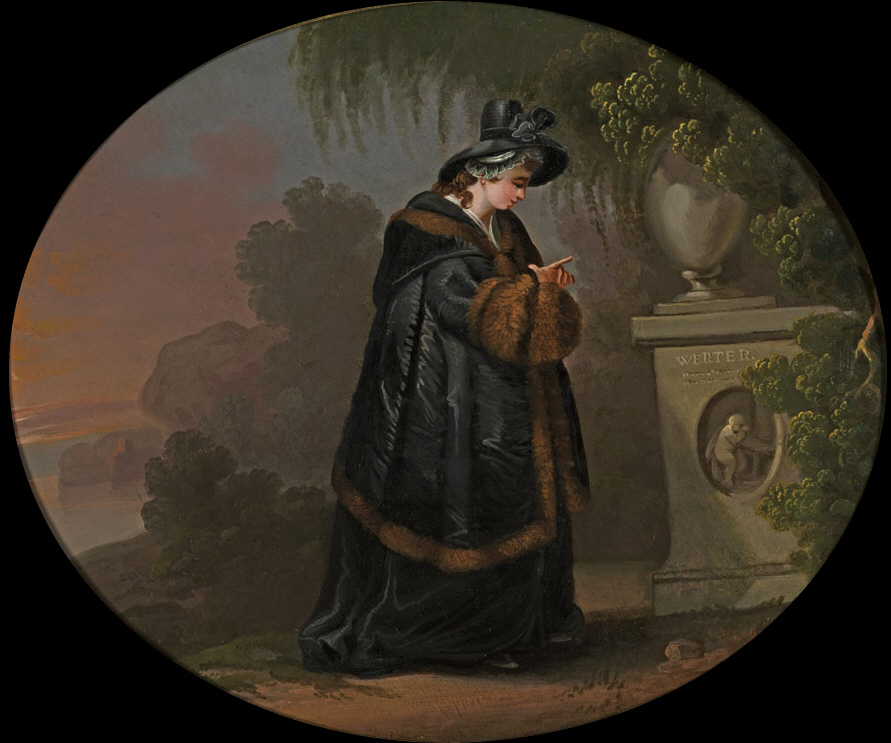|
Georges Deyverdun
Jacques Georges Deyverdun (8 May 1734, in Lausanne – 4 July 1789, in Aix-les-Bains) was a Swiss classical scholar and translator. He translated Goethe's ''The Sorrows of Young Werther ''The Sorrows of Young Werther'' (; german: Die Leiden des jungen Werthers) is a 1774 epistolary novel by Johann Wolfgang von Goethe, Johann Wolfgang Goethe, which appeared as a revised edition in 1787. It was one of the main novels in the ''Sturm ...'' into French. Deyverdun met Edward Gibbon in Lausanne and the two became friends. He also acted as tutor to several English noblemen on the Grand Tour such as Philip Stanhope, 5th Earl of Chesterfield and Sir Richard Worsley, 7th Baronet. Notes 1734 births 1789 deaths Swiss classical scholars Swiss translators People from Lausanne Translators of Johann Wolfgang von Goethe {{switzerland-academic-bio-stub ... [...More Info...] [...Related Items...] OR: [Wikipedia] [Google] [Baidu] |
Aix-les-Bains
Aix-les-Bains (, ; frp, Èx-los-Bens; la, Aquae Gratianae), locally simply Aix, is a commune in the southeastern French department of Savoie.Commune d'Aix-les-Bains (73008) INSEE Situated on the shore of the largest natural lake of glacial origin in France, the , this is a major ; it has the largest freshwater |
Goethe
Johann Wolfgang von Goethe (28 August 1749 – 22 March 1832) was a German poet, playwright, novelist, scientist, statesman, theatre director, and critic. His works include plays, poetry, literature, and aesthetic criticism, as well as treatises on botany, anatomy, and colour. He is widely regarded as the greatest and most influential writer in the German language, his work having a profound and wide-ranging influence on Western literary, political, and philosophical thought from the late 18th century to the present day.. Goethe took up residence in Weimar in November 1775 following the success of his first novel, ''The Sorrows of Young Werther'' (1774). He was ennobled by the Duke of Saxe-Weimar, Karl August, in 1782. Goethe was an early participant in the ''Sturm und Drang'' literary movement. During his first ten years in Weimar, Goethe became a member of the Duke's privy council (1776–1785), sat on the war and highway commissions, oversaw the reopening of silver mines ... [...More Info...] [...Related Items...] OR: [Wikipedia] [Google] [Baidu] |
The Sorrows Of Young Werther
''The Sorrows of Young Werther'' (; german: Die Leiden des jungen Werthers) is a 1774 epistolary novel by Johann Wolfgang von Goethe, Johann Wolfgang Goethe, which appeared as a revised edition in 1787. It was one of the main novels in the ''Sturm und Drang'' period in German literature, and influenced the later Romanticism, Romantic movement. Goethe, aged 24 at the time, finished ''Werther'' in five and a half weeks of intensive writing in January to March 1774. It instantly placed him among the foremost international literary celebrities and was among the best known of his works. Plot summary Most of ''The Sorrows of Young Werther'', a story about a young man's extreme response to unrequited love, is presented as a collection of letters written by Werther, a young artist of a sensitive and passionate temperament, to his friend Wilhelm. These give an intimate account of his stay in the fictional village of Wahlheim (based on , near Wetzlar), whose peasants have enchanted him with ... [...More Info...] [...Related Items...] OR: [Wikipedia] [Google] [Baidu] |
Edward Gibbon
Edward Gibbon (; 8 May 173716 January 1794) was an English historian, writer, and member of parliament. His most important work, ''The History of the Decline and Fall of the Roman Empire'', published in six volumes between 1776 and 1788, is known for the quality and irony of its prose, its use of primary sources, and its polemical criticism of organised religion. Early life: 1737–1752 Edward Gibbon was born in 1737, the son of Edward and Judith Gibbon at Lime Grove, in the town of Putney, Surrey. He had six siblings, five brothers and one sister, all of whom died in infancy. His grandfather, also named Edward, had lost his assets as a result of the South Sea bubble stock-market collapse in 1720 but eventually regained much of his wealth. Gibbon's father was thus able to inherit a substantial estate. One of his grandmothers, Catherine Acton, descended from Sir Walter Acton, 2nd Baronet. As a youth, Gibbon's health was under constant threat. He described himself as "a puny ... [...More Info...] [...Related Items...] OR: [Wikipedia] [Google] [Baidu] |


.jpg)